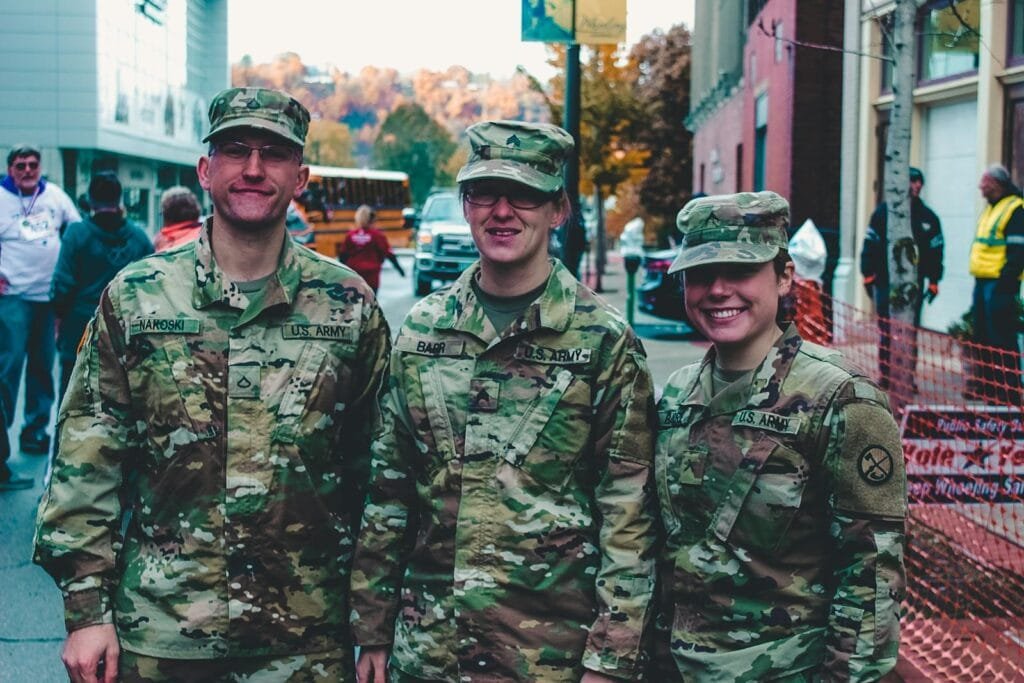Level Six
Lesson 63
(be) used to
When the verb “be” is put in front of “used to,” it indicates that a person has adapted to a situation, whether he or she likes it or not.
- Edgar is used to waking up early every day.
- Sahra is used to dealing with upset customers.
- The people in this town are used to a lot of traffic and noise.
- We’re used to the cold and the snow during winter.
When you are used to something, you are accustomed to it.

I’m used to living in a place that’s cold.
I’m used to the cold, the ice, and the snow.
63a. (be) used to
Use “(be) used to” for experiences and activities that happen every day, or that you do every day. These activities are part of your life–whether you like these activities or not.
- Bob is used to the noise he hears every day from his neighbors.
- Tina is used to working late at night every night. (This doesn’t sound like a good situation, but she accepts it because it is part of her routine.)
- People who live in refugee camps are used to shortages of food and clean water, but it’s really terrible.
- When Carol lived on a farm, she was used to waking up early to feed the animals. (This sentences is in the past tense.)
A noun, a pronoun, or a gerund appears after “(be) used to.”
- They are used to working late at night.
- They are used to the new schedule. They are used to it.
63a. (be) used to

- She’s used to riding her bike to school every day. (The word “riding” is a gerund.)
- She’s used to the handle bars on her bike. At first, she didn’t like them very much. (“Handle bars” is a compound noun.)

- He’s used to spending long hours at an airport. (The word “spending” is a gerund.)
- He’s used to long waits at the airport. (The word “waits” is a noun.)
- He’s used to it.
63b. (be) used to - negative
To form the negative, add “not” to the verb “be.” When a person is not used to something, he or she is going through the process of adaptation and will either adjust or quit the situation.
- They are not used to this weather.
- Walter isn’t used to having a roommate.
- I’m not used to living in a place that’s warm all year.
- My students aren’t used to driving in the snow.
- Most people around the world aren’t used to growing all of their own food.
- We aren’t used to this.
63b. (be) used to - negative

- He isn’t used to rushing of to work every morning. When he lived with his parents, he didn’t have to work for a living.

- Most people are not used to riding a horse for transportation. It takes time for a person to get used to that sort of thing.
63c. (be) used to - questions
To make a question, use the helping verb “be” with “used to” followed by a noun or a gerund:
(be) + subject + used to X
- Are you used to your new job yet?
- Is she used to working with people who have special needs?
- Are they used to waking up early every day?
- Are those animals used to living in cages?
- Are they used to it yet?
63c. (be) used to - questions

- A: Are you used to driving on icy roads?
- B: Yes, I am.

- A: Are they used to a changing climate?
- B: No, they aren’t.
63d. (get) used to
The verb “get” can substitute for the verb “be.”
- She got used to her new roommate.
- Have you gotten used to your new schedule yet?
- You must get used to the idea of working long hours if you want to be successful.
- I can’t get used to this weather.
- I can’t get used it.
- He’s going to have to get used to waking up early every morning.
- Our students will need to get used to these new laptop computer.
- They will need to get used to using these new laptops.
The use of “get” helps to emphasize the change or the adaptation. It’s often a good choice over “be.”
63d. (get) used to

- They had to get used to wearing a uniform every day. Now they are used to it.

- It takes a while to get used to riding a horse.
- You have to get used to the way a horse moves and how your body moves in response to the horse.
In the Lesson 64, you will learn how to talk about situations related to money.
